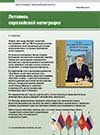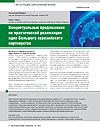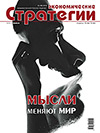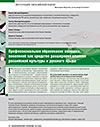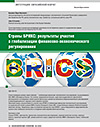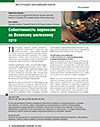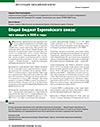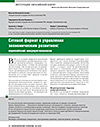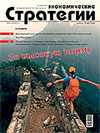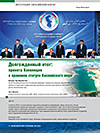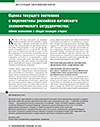
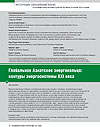
Macroeconomic problems and political games of our Western “partners” have mainstreamed the task of diversifying the routes and simultaneously expanding the volumes of Russian and transit electricity exports abroad. Given constantly increasing energy consumption in Asian countries, it is the Asian export vector of Russian fuel and energy resources that seems most promising, updating the development of fuel and energy infrastructure for integrating the energy system of Russia and the energy systems of a group of key countries in Eastern, Southern and Western Asia. This vector from the viewpoint of considering the fuel and energy infrastructure as a metasystem is expedient to realize through forming the Global Asian Energy Ring, taking into account the unique experience of the UES of the USSR and the Mir energy system. A unified energy supply system and mechanisms for resource and financial coordination within the framework of the Global Asian Energy Ring can form the basis for ensuring political and economic competitiveness of a group of key countries in Eastern, Southern and Western Asia, based on a key energy partner, being also the main guarantor of energy supplies (collective energy security) — Russia.
Продолжить чтение



